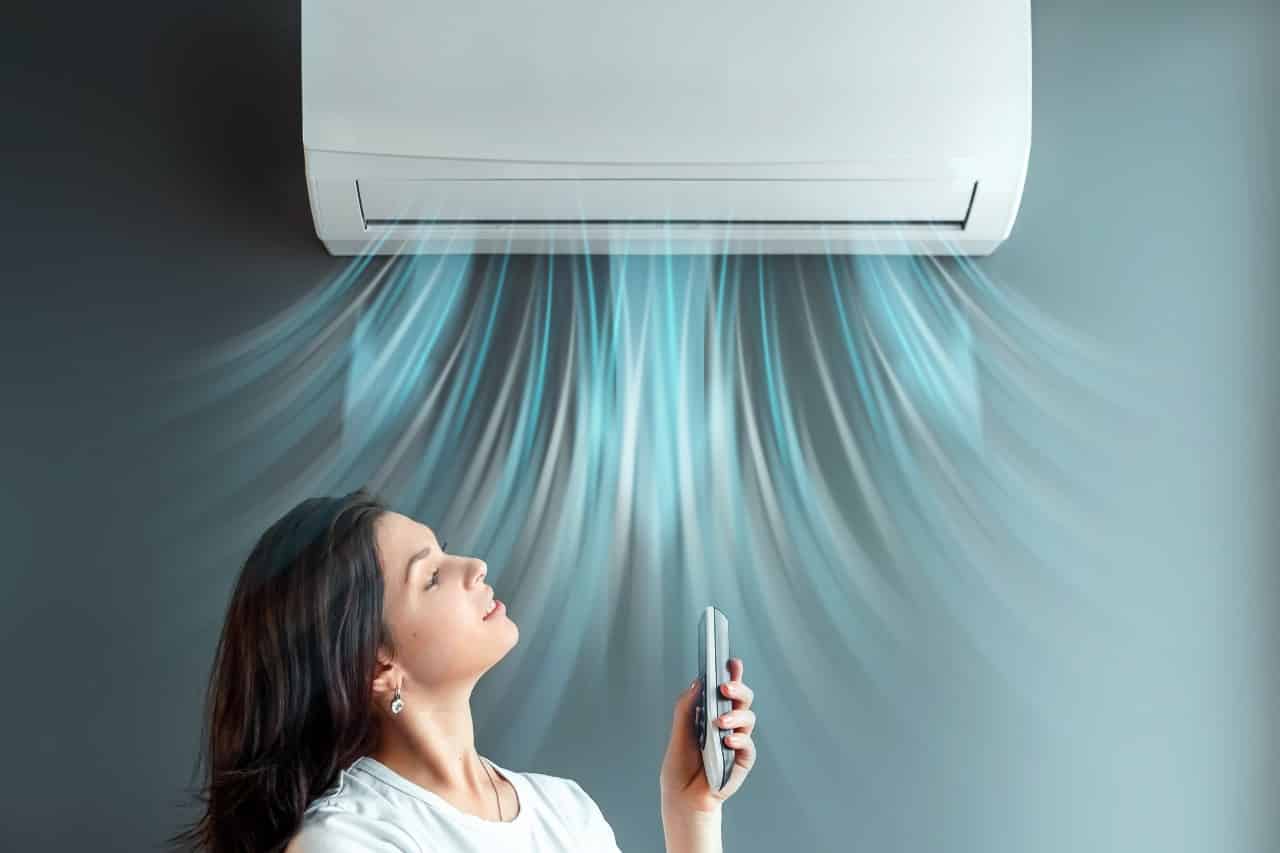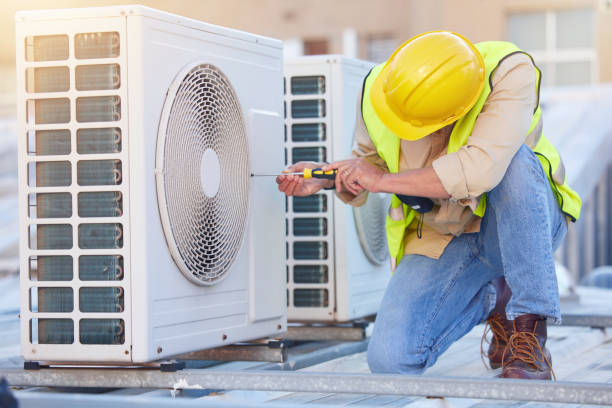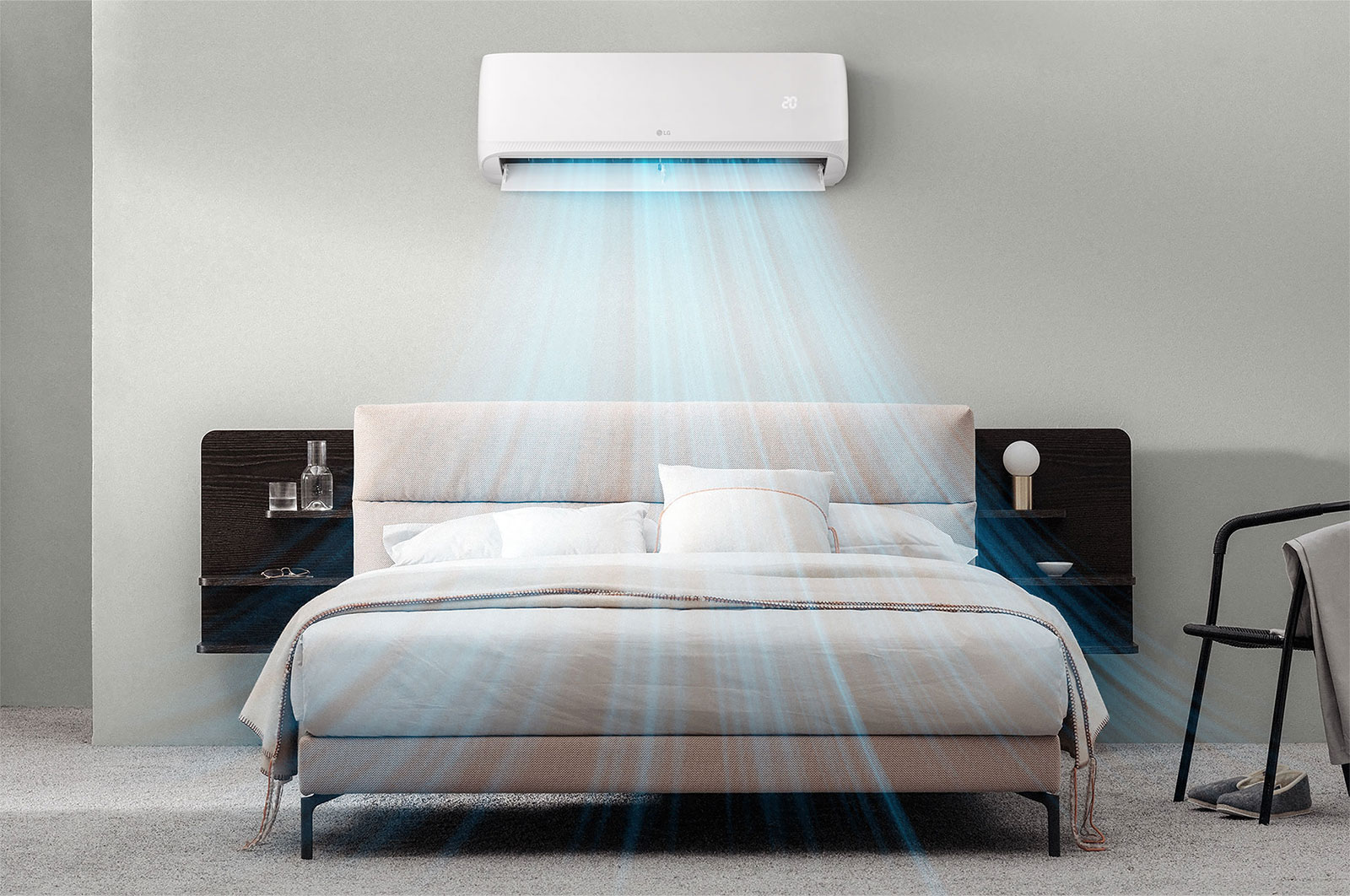"Cool Comfort, Quiet Consequences: Rethinking Our Dependence on ACs"
As air conditioners become a daily necessity during intense summers, many overlook their hidden impacts. While they offer instant relief, overuse can lead to dry skin, fatigue, respiratory issues, and even mood imbalances. The body struggles with rapid temperature shifts, and prolonged exposure to artificial cooling removes natural humidity. Additionally, the environmental toll—through high energy consumption and greenhouse gas emissions—is significant. Instead of abandoning ACs, the article encourages balanced use, suggesting moderate temperatures, breaks for fresh air, and small sustainable habits. True comfort lies not in excess but in mindful living, where health and the planet are equally valued.

Cool Comfort, Hidden Cost: The Silent Impact of Air Conditioner Overuse
There’s something deeply comforting about walking into a chilled room on a sweltering summer afternoon. The hum of the air conditioner, the instant relief that wraps around our skin like a cold breeze from the mountains — it feels like luxury turned necessity. In cities that never stop sweating, ACs have become our everyday saviors. But in this quiet chase for comfort, are we overlooking something?

A Modern-Day Companion
Just a few decades ago, air conditioners were considered a luxury — a feature for offices, malls, or the occasional wealthy household. Today, they're everywhere: homes, shops, schools, even tiny roadside cafes. As the earth warms and summers grow longer and more intense, we seek shelter under the wings of artificial coolness.
But like any good thing taken too far, over-reliance on air conditioners brings with it a set of problems — some we feel instantly, others creeping in silently over time.
The Skin Tells a Story
Let’s begin with the one part of us that feels the impact first: our skin. Though the AC brings immediate relief, it also pulls moisture from the air — and eventually, from us. Extended hours in air-conditioned spaces often lead to dry, flaky, or irritated skin. People with sensitive skin may even experience itchiness, redness, or increased breakouts.
You might notice your lips cracking more often or your eyes feeling dry and sore — these aren’t just signs of dehydration but also of overexposure to artificially controlled environments that lack humidity.

The Body’s Subtle Reactions
There’s also a more internal toll. Ever felt unusually tired or sluggish after spending a whole day in an air-conditioned room? That’s no coincidence. Rapid shifts between indoor cold and outdoor heat can confuse the body, weaken immunity, and make you more prone to seasonal illnesses. Headaches, sinus congestion, dry throat — these are now common complaints in the age of 24/7 air conditioning.
When the Mind Feels the Chill
Oddly enough, air conditioning can affect our mental space too. Being in cold, closed environments for too long can sometimes dampen our mood. Natural sunlight, fresh air, and even a little sweat help regulate our circadian rhythms and mental clarity. But when we're sealed in an artificial environment, we might feel more lethargic, disconnected, and less energetic — like a flower kept too long in the dark.
The Environmental Echo
And beyond the personal, there’s a shared concern that reaches every corner of the globe. Air conditioners, while cooling us individually, are warming the planet collectively. The electricity they consume and the refrigerants they use contribute significantly to greenhouse gas emissions. It’s a strange contradiction: the more we try to cool our personal space, the more we heat the shared world outside.
A Gentle Way Forward
So, what do we do? Turn off the AC and suffer through summer? Not quite. Comfort isn’t the enemy — excess is.
Try setting your AC to a moderate temperature — around 24–26°C — instead of the icebox-like 18. Use ceiling fans alongside to circulate the cool air. Invest in a humidifier or keep a bowl of water in the room to maintain some moisture in the air. Take small breaks to step outside, stretch, breathe fresh air, and let your body adjust.
At night, try switching to natural ventilation if the temperature allows. During the day, keep curtains drawn to reduce heat buildup. Every small effort adds up — not just for your health but for the planet too.

In Closing: Listen to the Silence
The air conditioner doesn’t complain. It cools and hums and comforts. But your body, your skin, your breath — they whisper back. They speak of dryness, of fatigue, of the need for balance.
So as we embrace the luxury of modern life, let’s not forget the quiet wisdom of moderation. Coolness is a blessing. Let’s use it wisely.
What's Your Reaction?

















